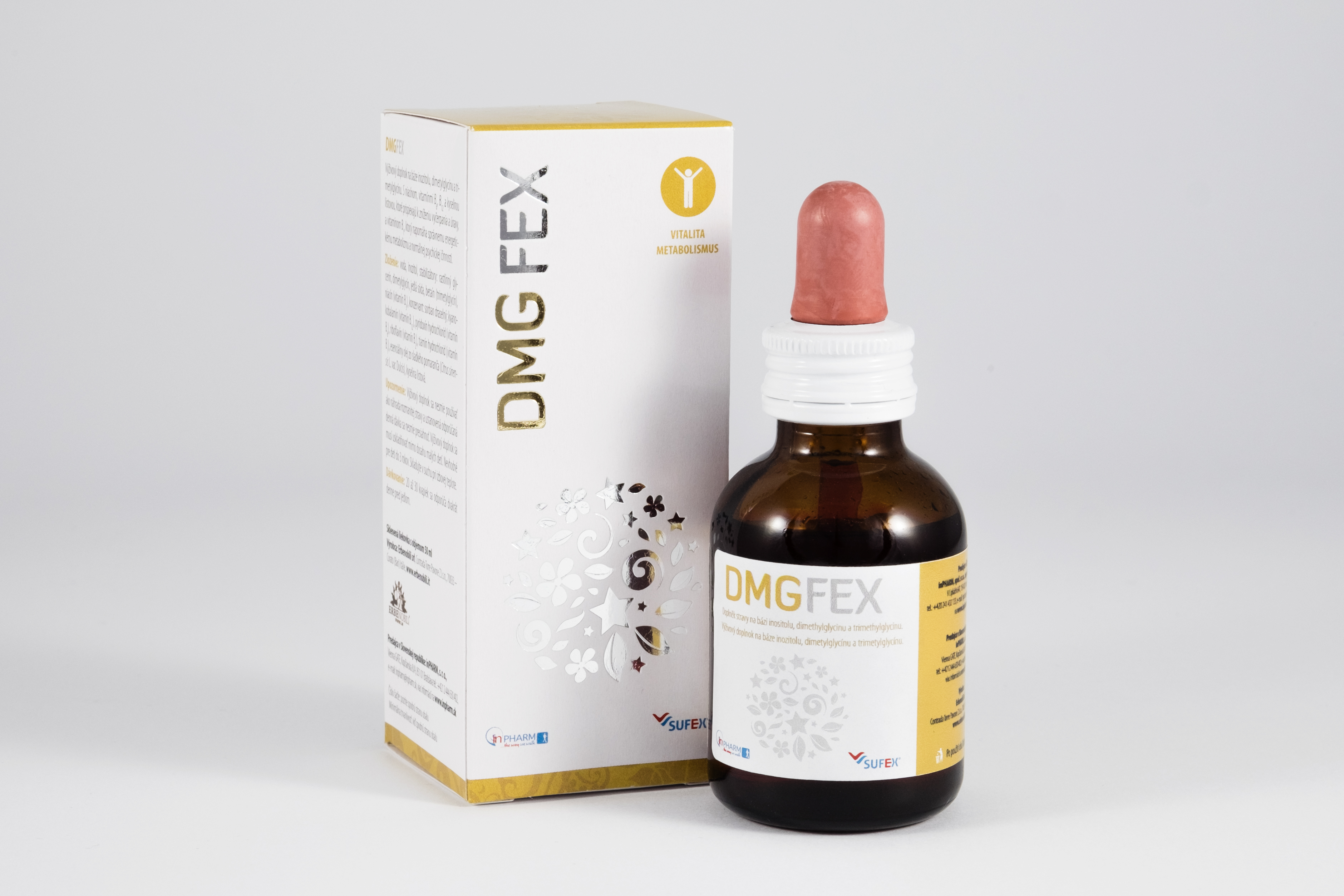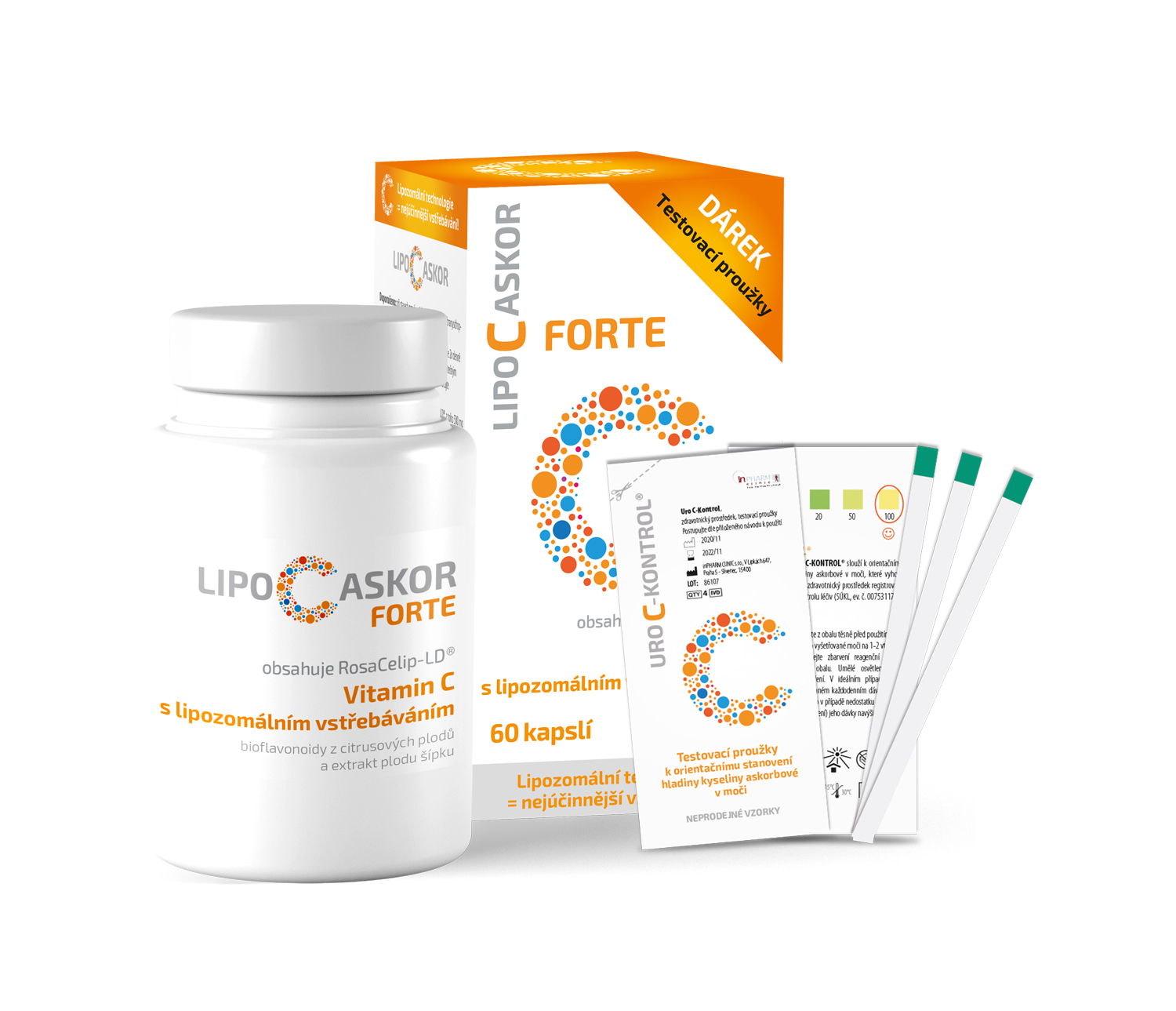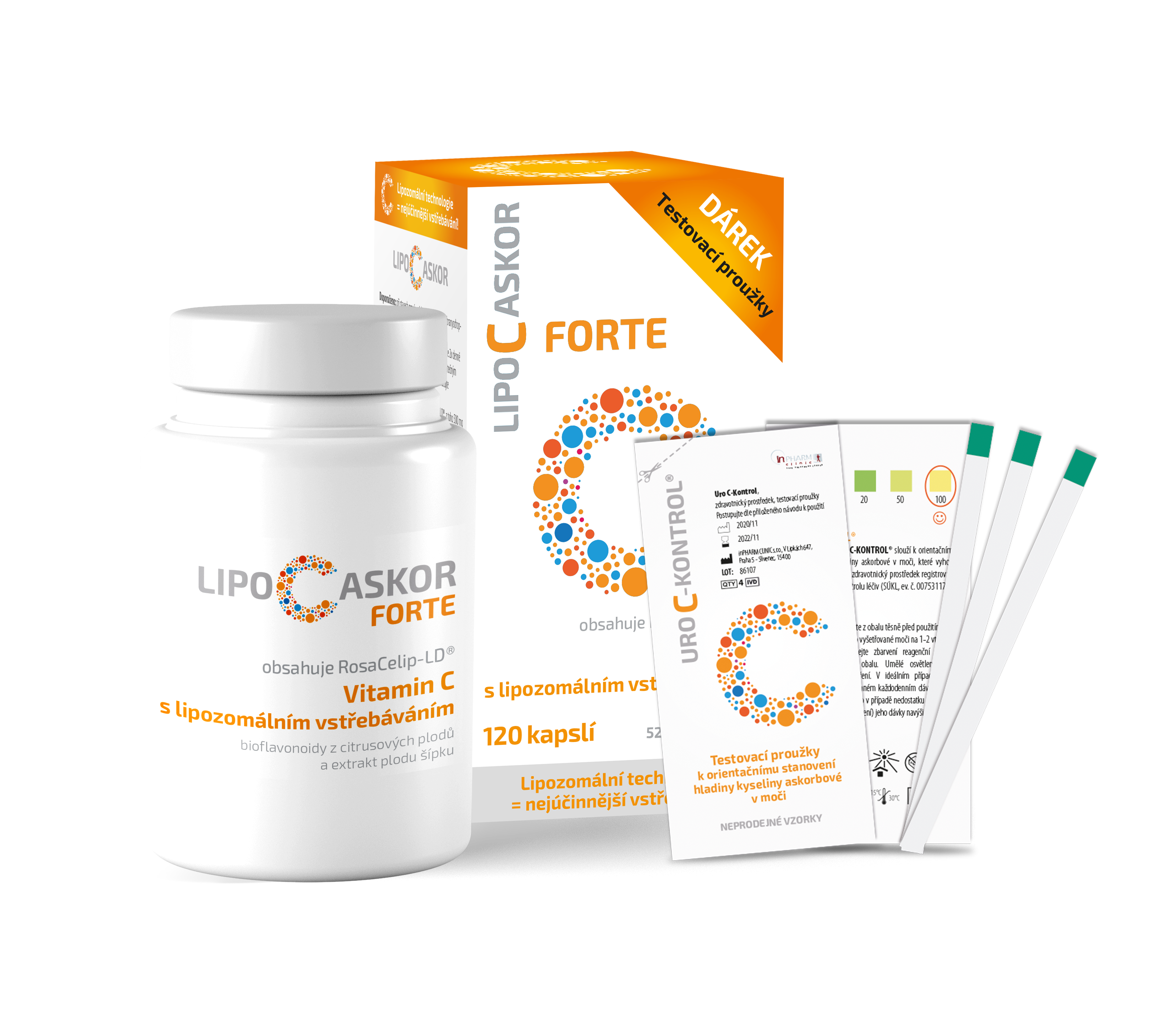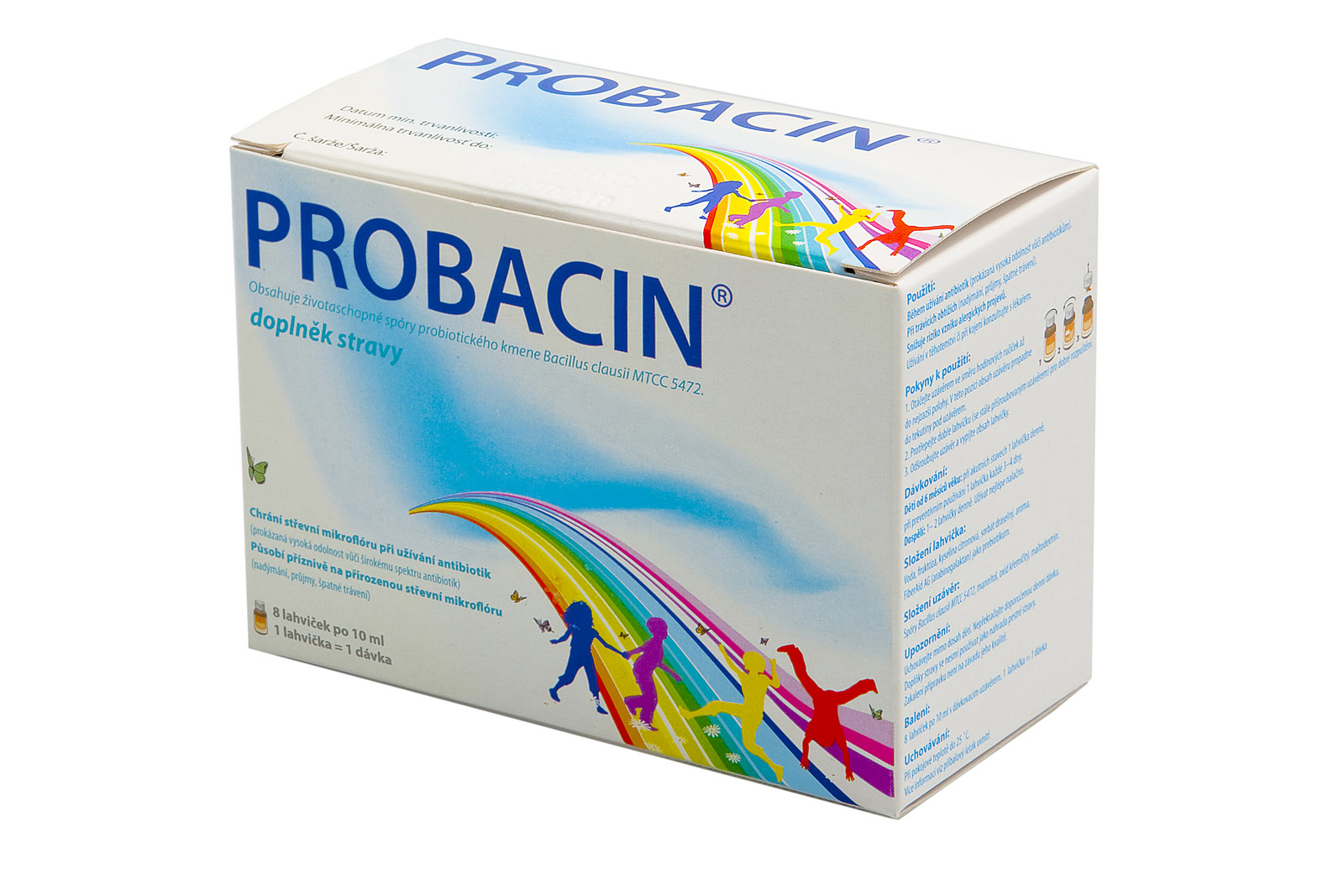
works with the latest knowledge of molecular biology at the level of regulation of communication molecules (neuropepetides, hormones, cytokines).

represent drugs that contain cytokines and nucleic acids in very low concentrations.

For example, collagen injections, Colenter LD (colostrum with liposomal absorption) and Lipo C Askor (vitamin C with liposomal absorption).
.jpg)
InPHARM was founded in 1993. First, throughout the 1990s, it represented Boiron in France, then Omega-Pharm in Belgium, Arkopharma in France and then Pleuran in Slovakia. InPHARM has launched products for all these manufacturers, which have been and are still very successful. Examples include Oscillococcinum (influenza), Paranit (infestation) and Immunoglucan (immunity). In their time, these preparations brought new active substances to the Czech and Slovak markets, a new mechanism of action and, in the case of "low dose medicine", also a new therapeutic concept. InPHARM, which has always fulfilled its vision of bringing innovation.

Abstract: Chronic low back pain (CLBP) syndrome represents one of the leading causes of long-term disability worldwide. The prevalence of CLBP has been rising significantly in rela- tion to increasing average life expectancy. CLBP results from chronification of acute low back pain. There are many factors contributing to the CLBP crisis; common etiopathogenetic factors include e.g., functional blockage of intervertebral joints. The treatment of CLBP is complex. An important part of treatment consists of pain pharmacotherapy, for which several groups of drugs are used. The problem lies in the side effects of many of these traditionally used medications. Therefore, new and safer treatment methods are being sought. Innovative options for CLBP pharmacology include injections containing collagen, which can be com- bined with other traditionally used drugs, which helps reduce dosages and increase the overall safety of CLBP therapy.
more
Introduction The immune system is among those that are fatally damaged by the deficiency of vitamin C. Re- cent research¹ has specified a number of components of immunity the function of which is vitally dependent on vitamin C and has defined the mechanisms that impair immunity when this vitamin is deficient in the body. These findings are of crucial importance because, as it has been shown², deficiency of vitamin C is much more prevalent in the civilized world than previously expected. For these reasons, the incidence of anti-infective immune disorders as well as other chronic diseases is increasing. In this article, we present an overview of the mechanisms by which vitamin C affects various components of the immune system, impacting on anti-infective immunity. At the same time, we outline the importance of combining vitamin C supplementation with specific immu- nomodulatory treatments such as micro-immunotherapy and we discuss on their synergy in the management of infections. Finally, we propose some guidelines for clinical practice.
more
The immune system is among those that are fatally damaged by the deficiency of vitamin C. Recent research1 has specified a number of components of immunity the function of which is vitally dependent on vitamin C and has defined the mechanisms that impair immunity when this vitamin is deficient in the body. These findings are of crucial importance because, as it has been shown2, deficiency of vitamin C is much more prevalent in the civilized world than previously expected. For these reasons, the incidence of anti-infective immune disorders as well as other chronic diseases is increasing. In this article, we present an overview of the mechanisms by which vitamin C affects various components of the immune system, impacting on anti-infective immunity. At the same time, we outline the importance of combining vitamin C supplementation with specific immunomodulatory treatments such as micro-immunotherapy and we discuss on their synergy in the management of infections. Finally, we propose some guidelines for clinical practice.
more











